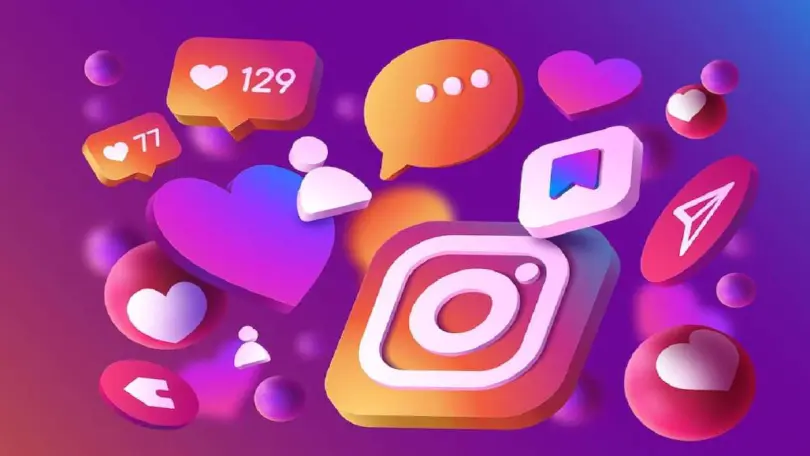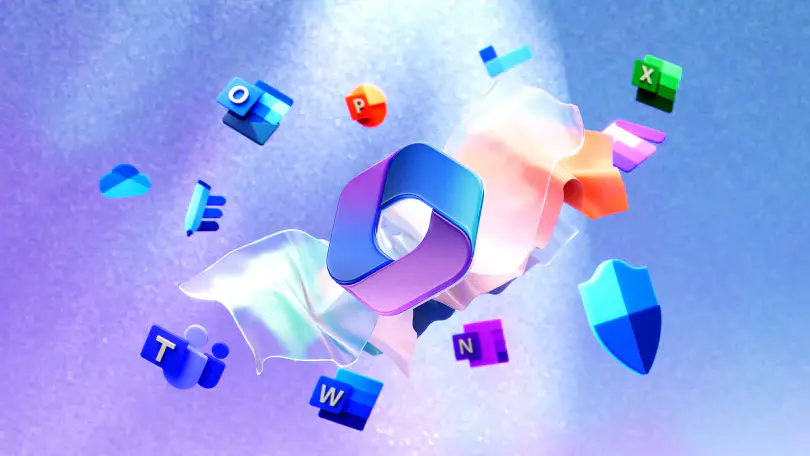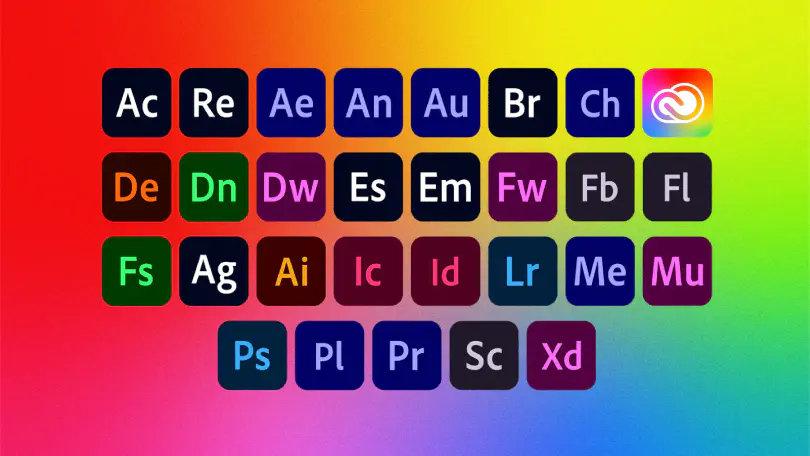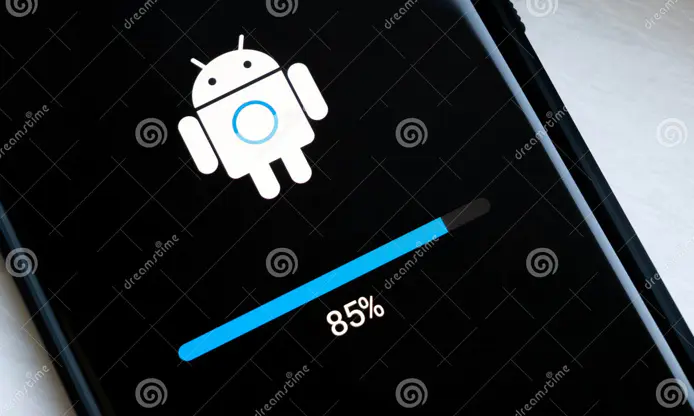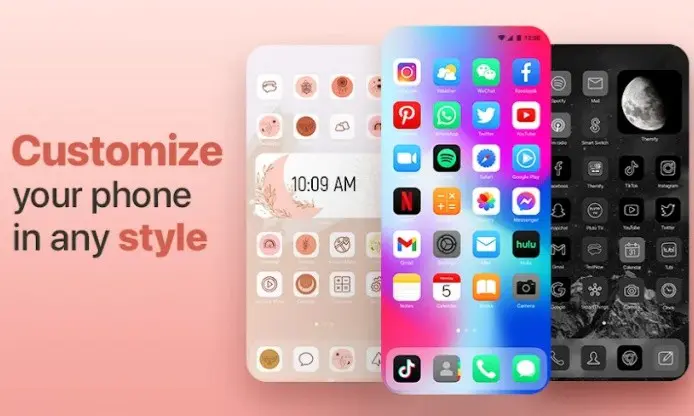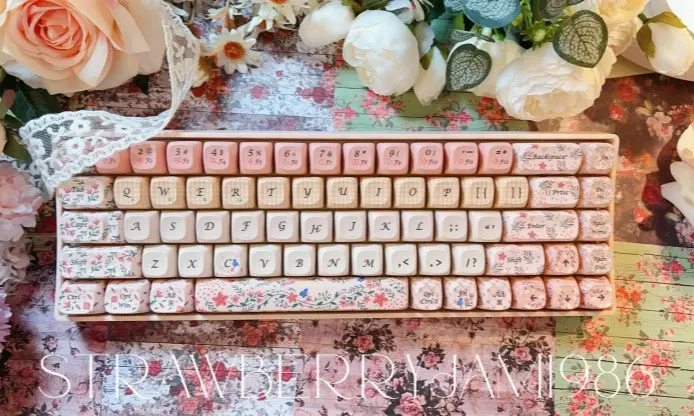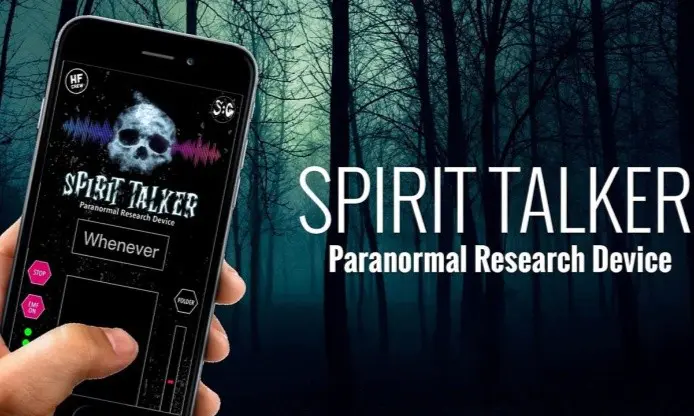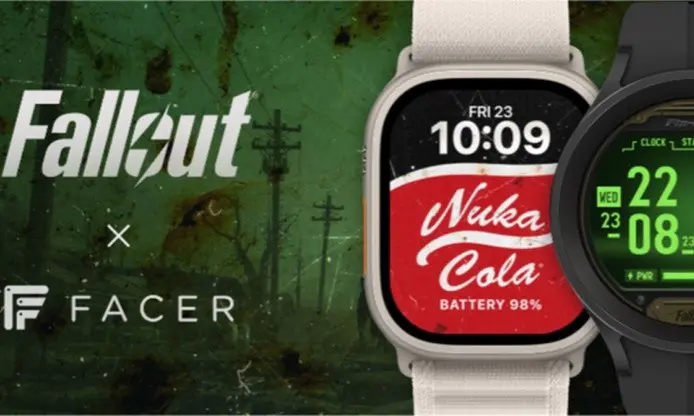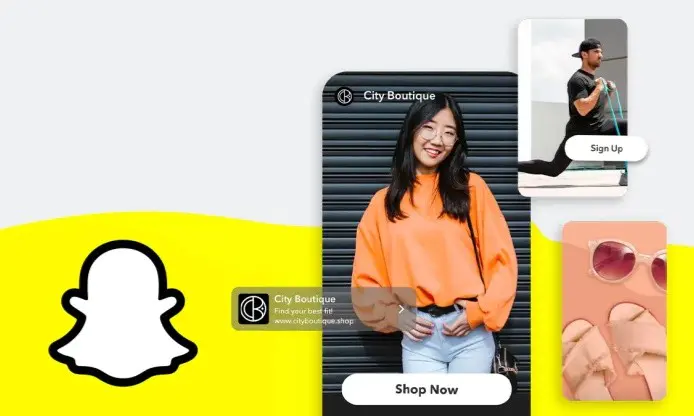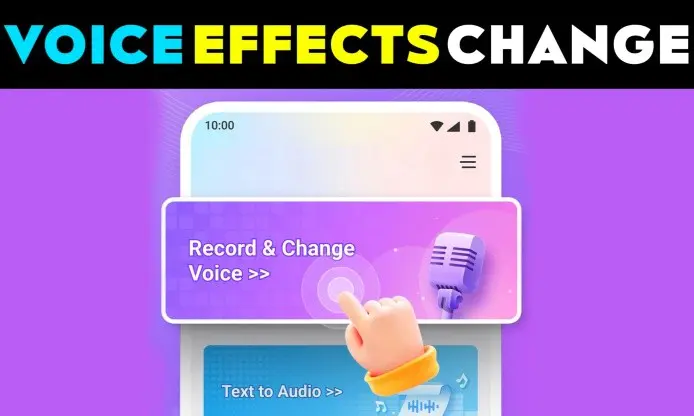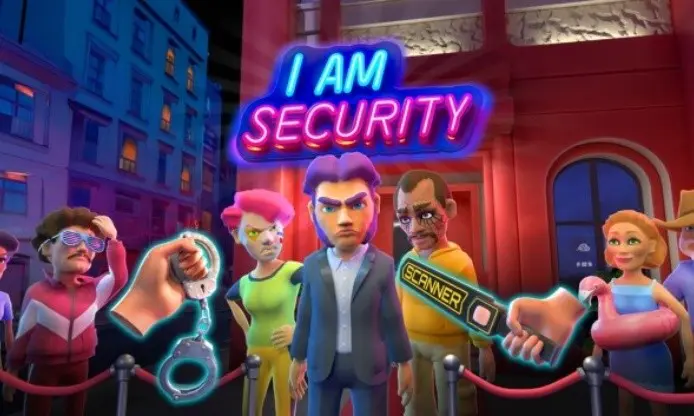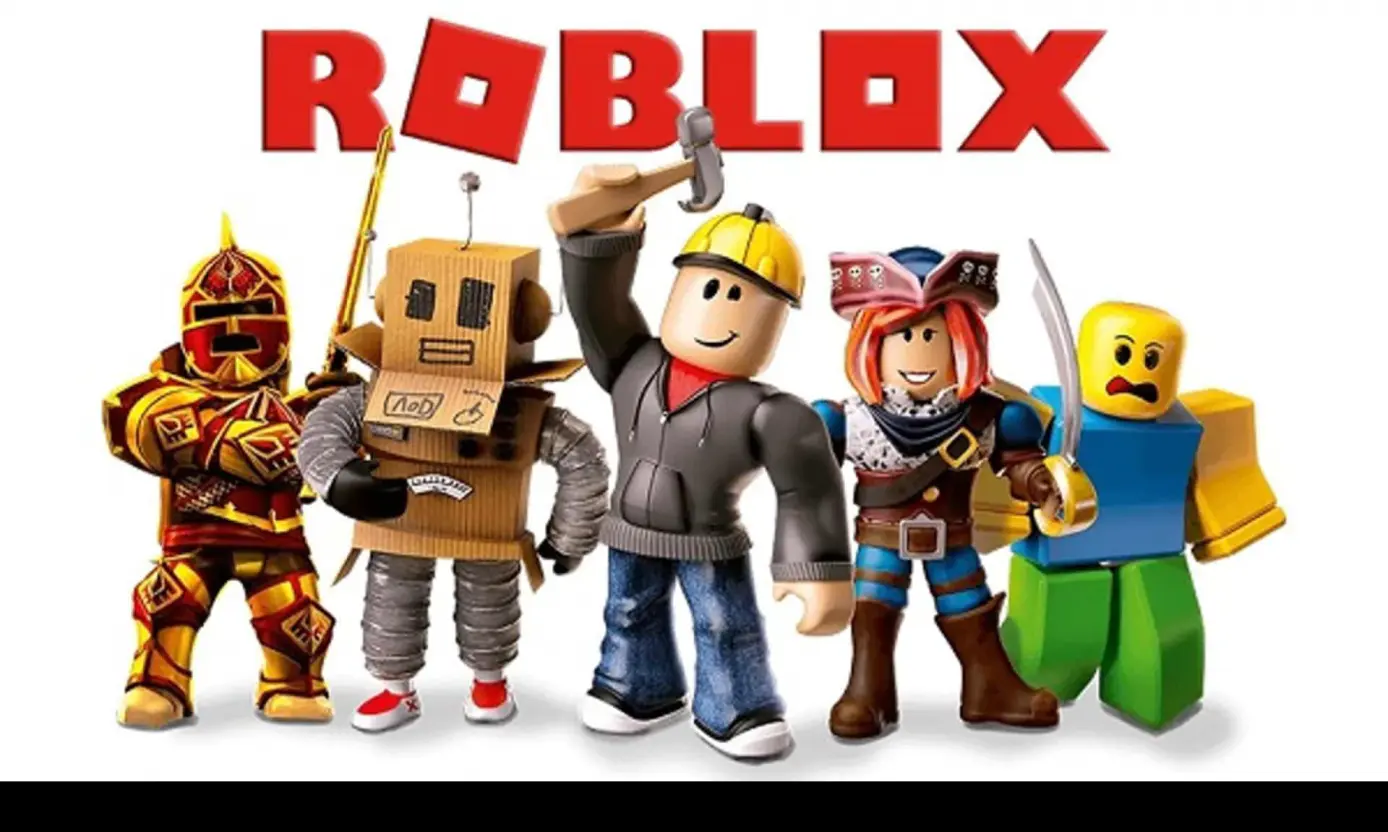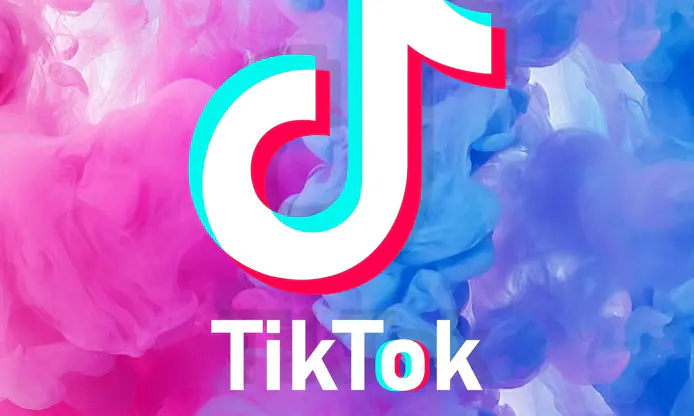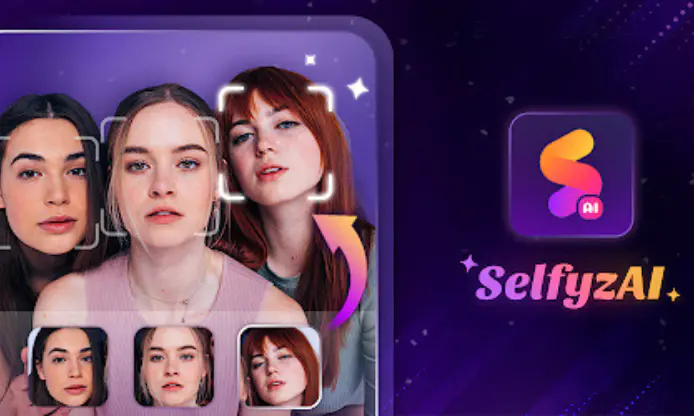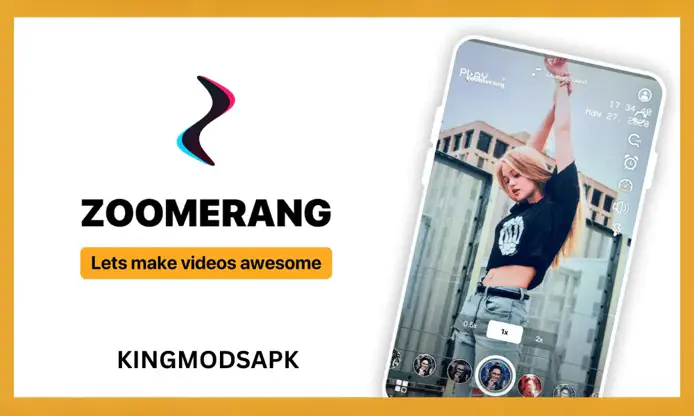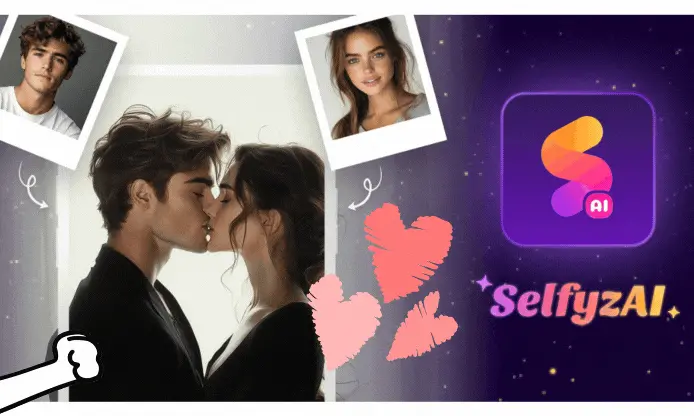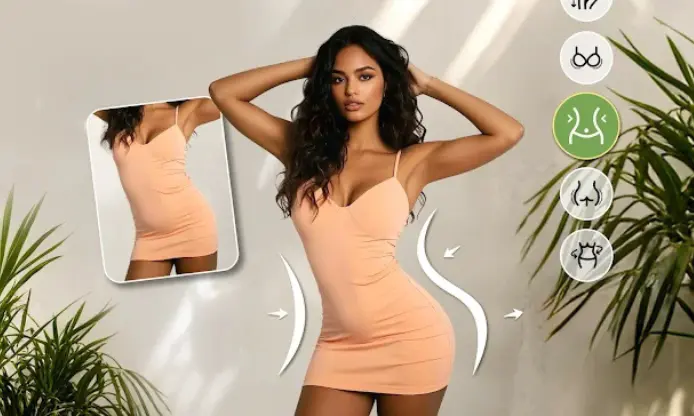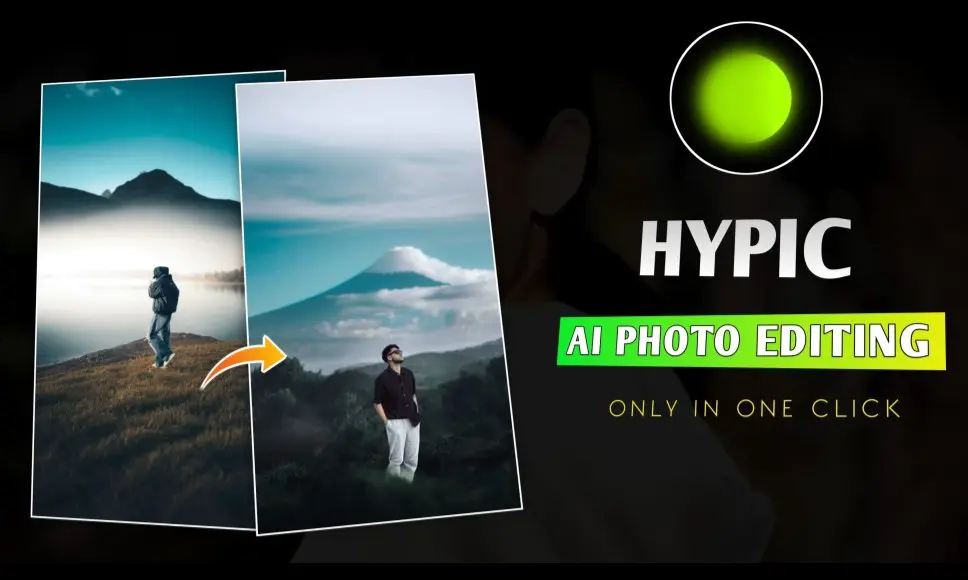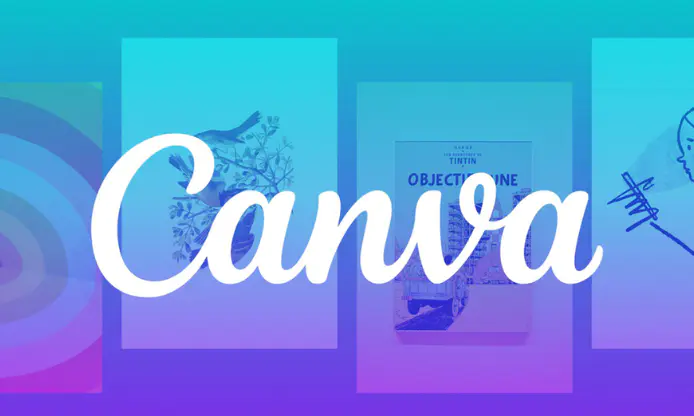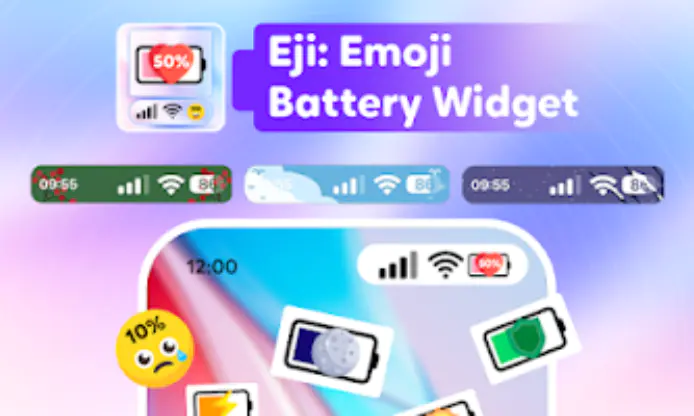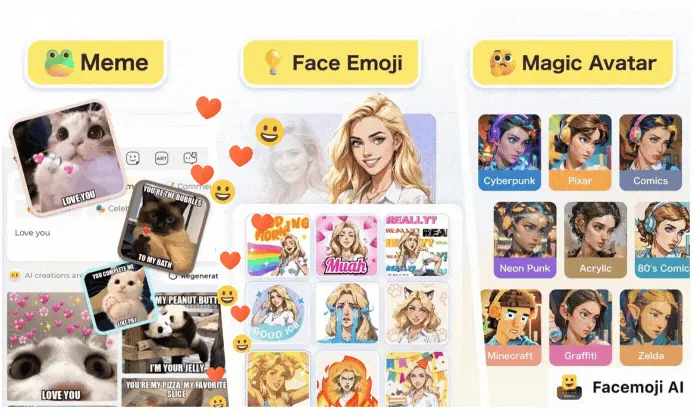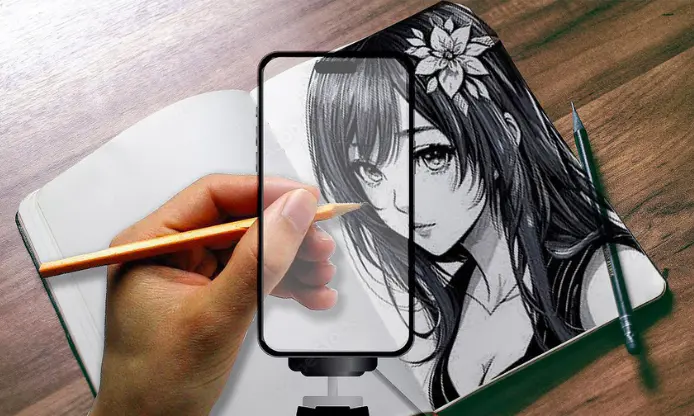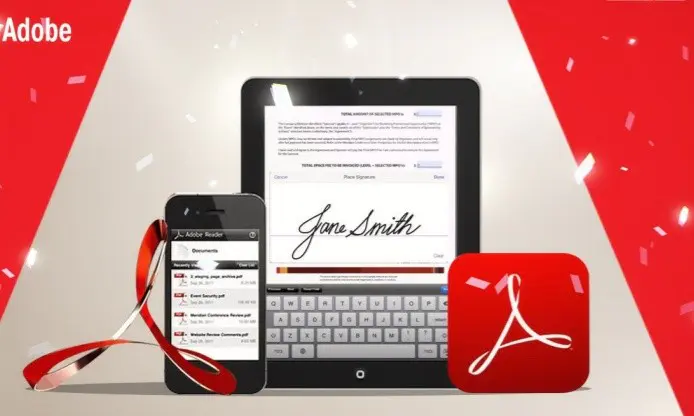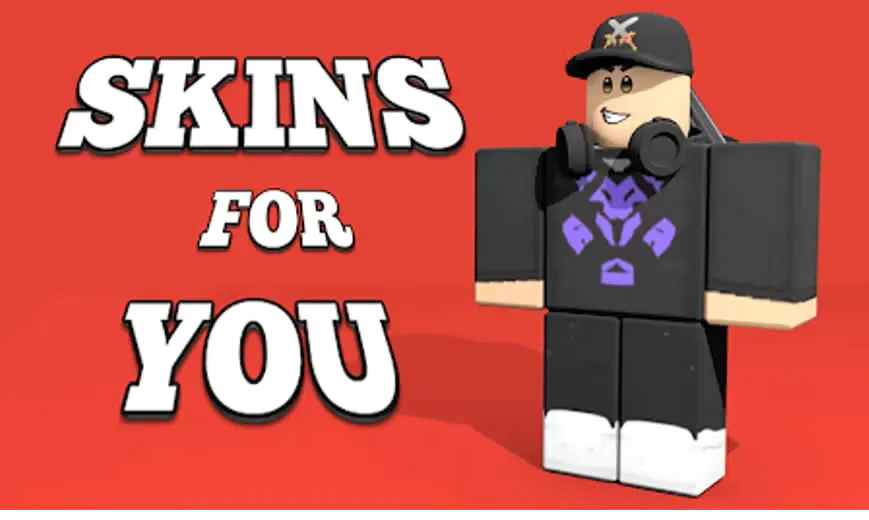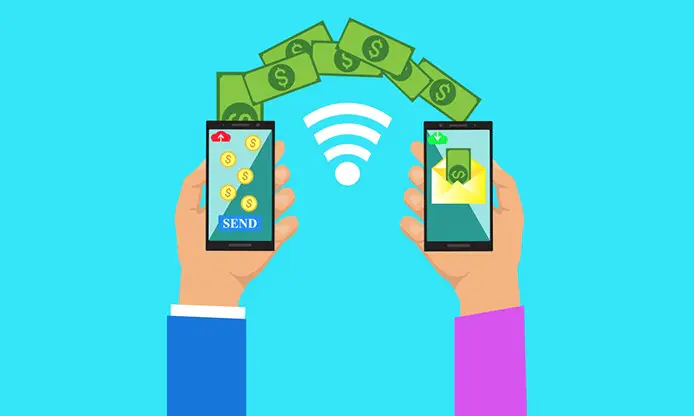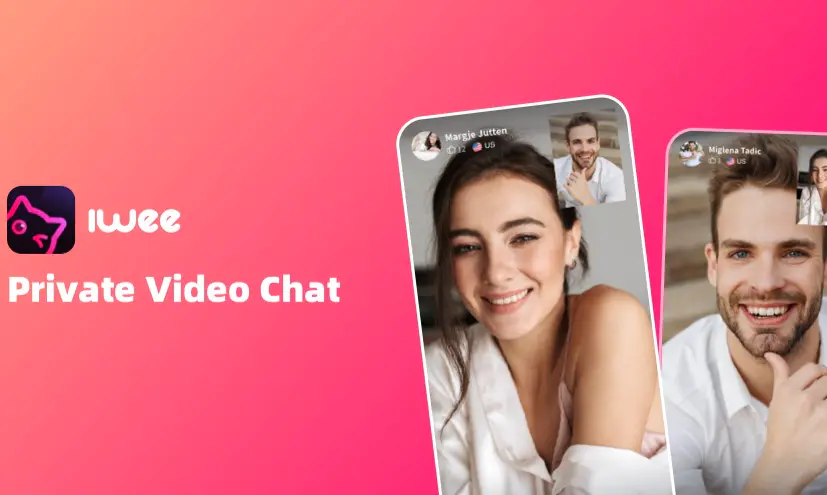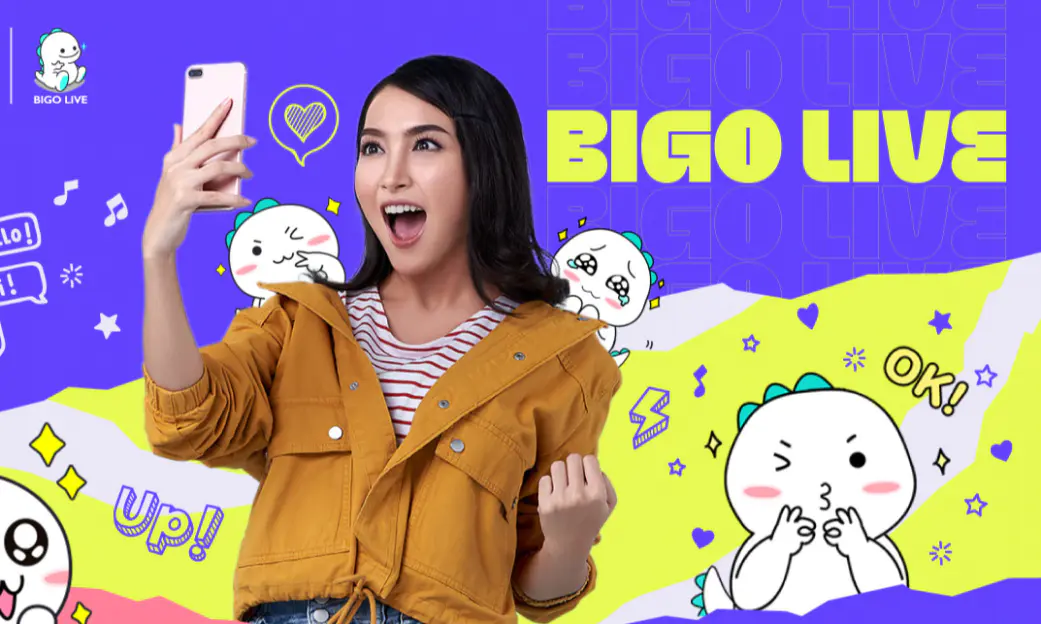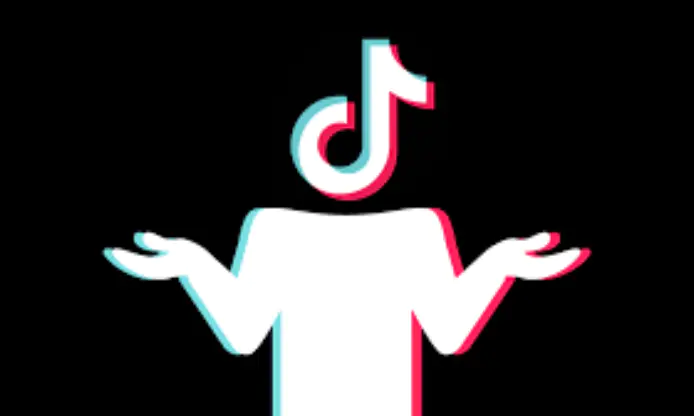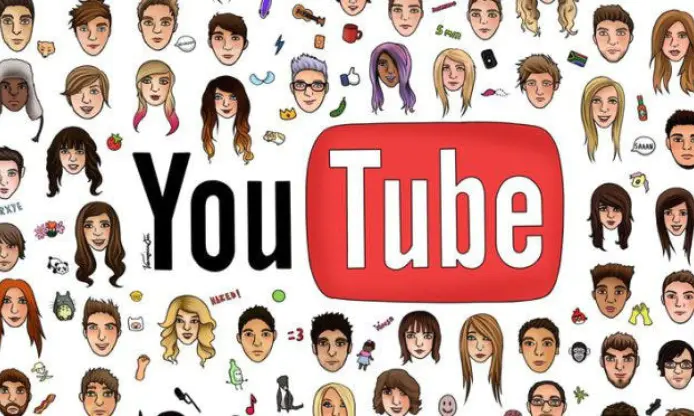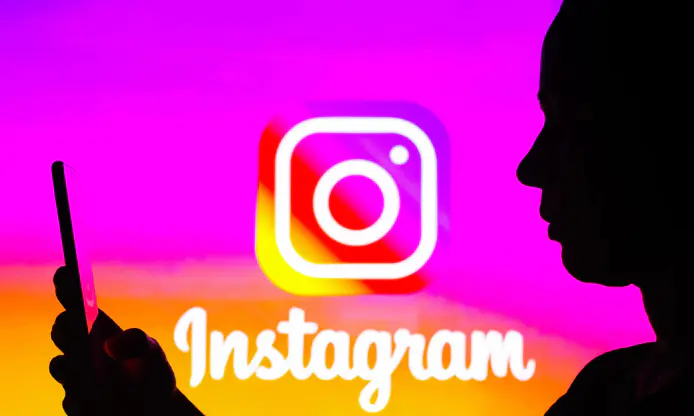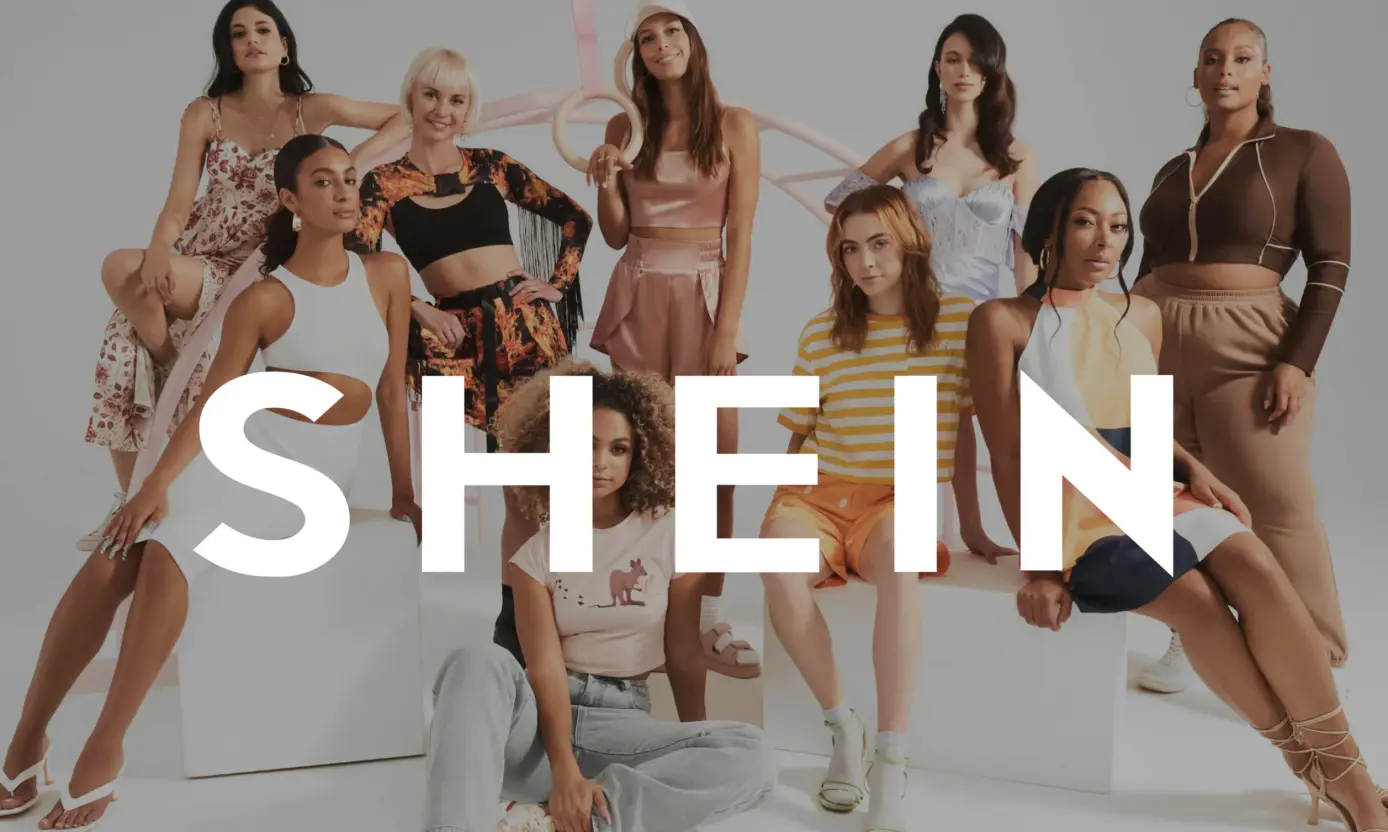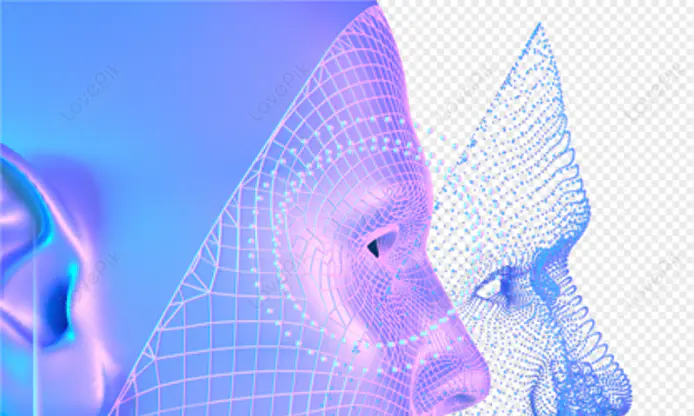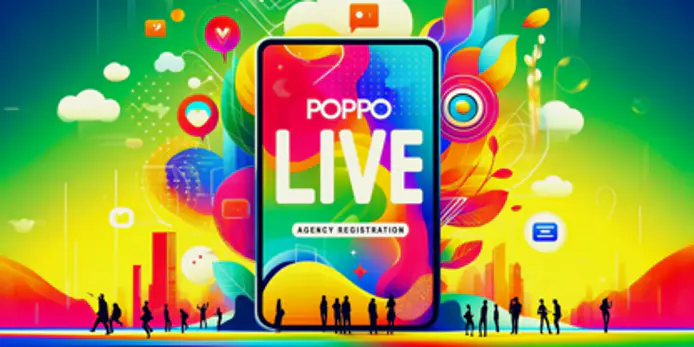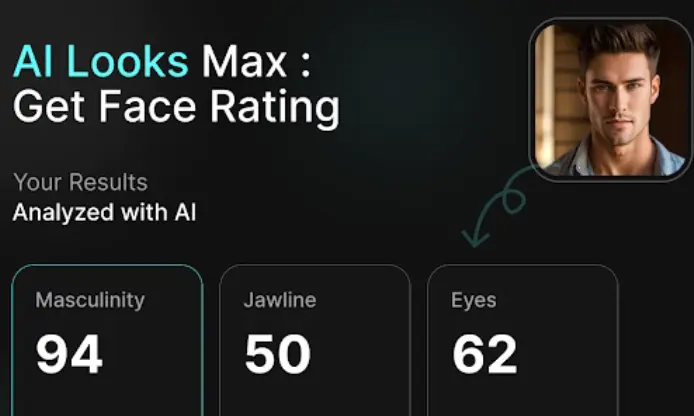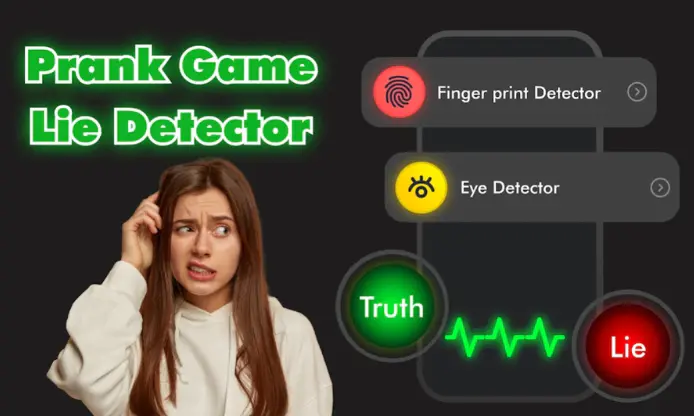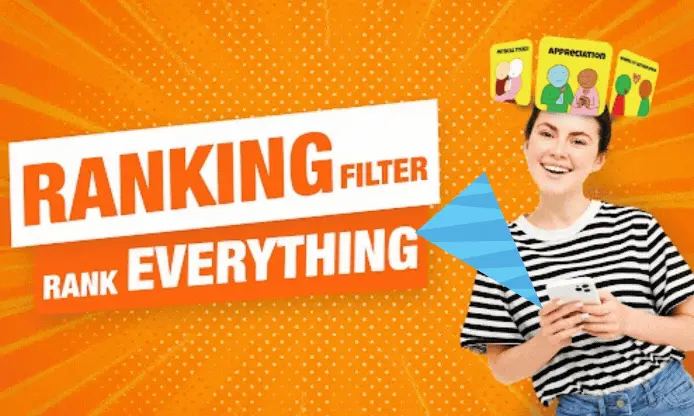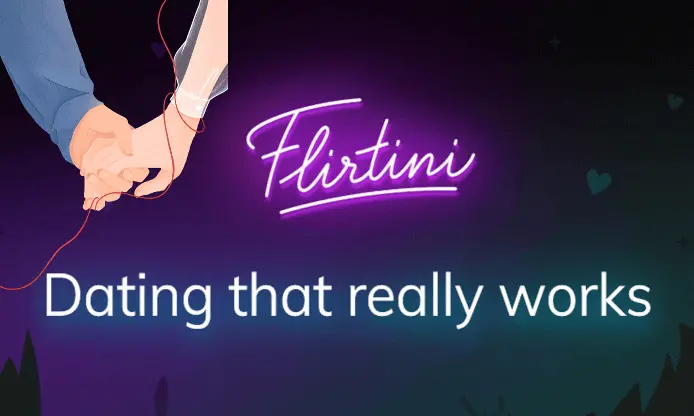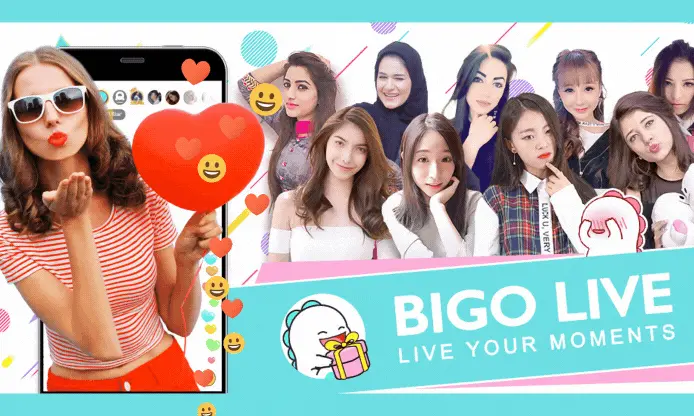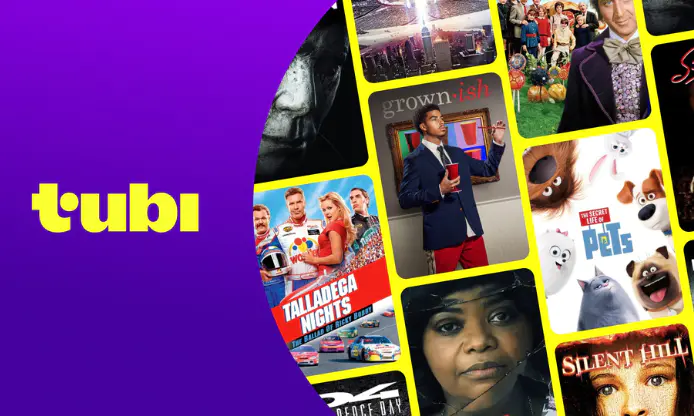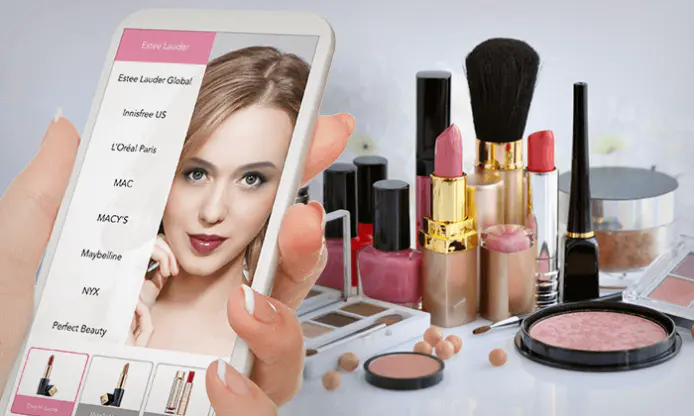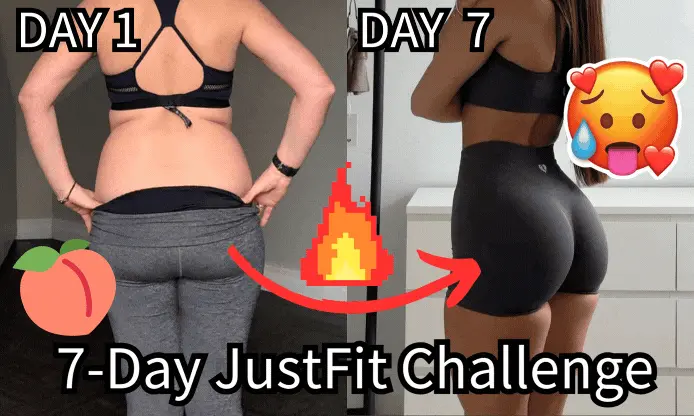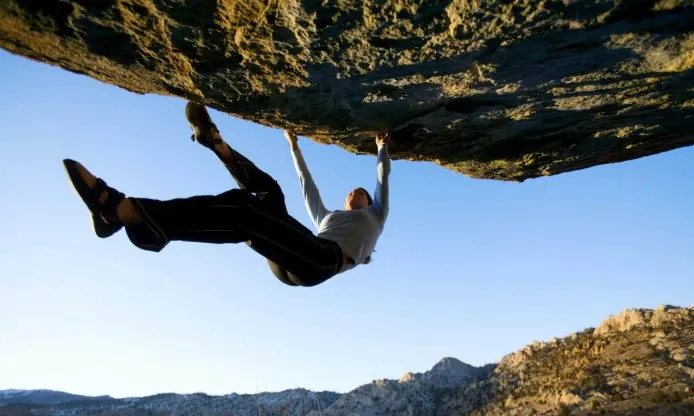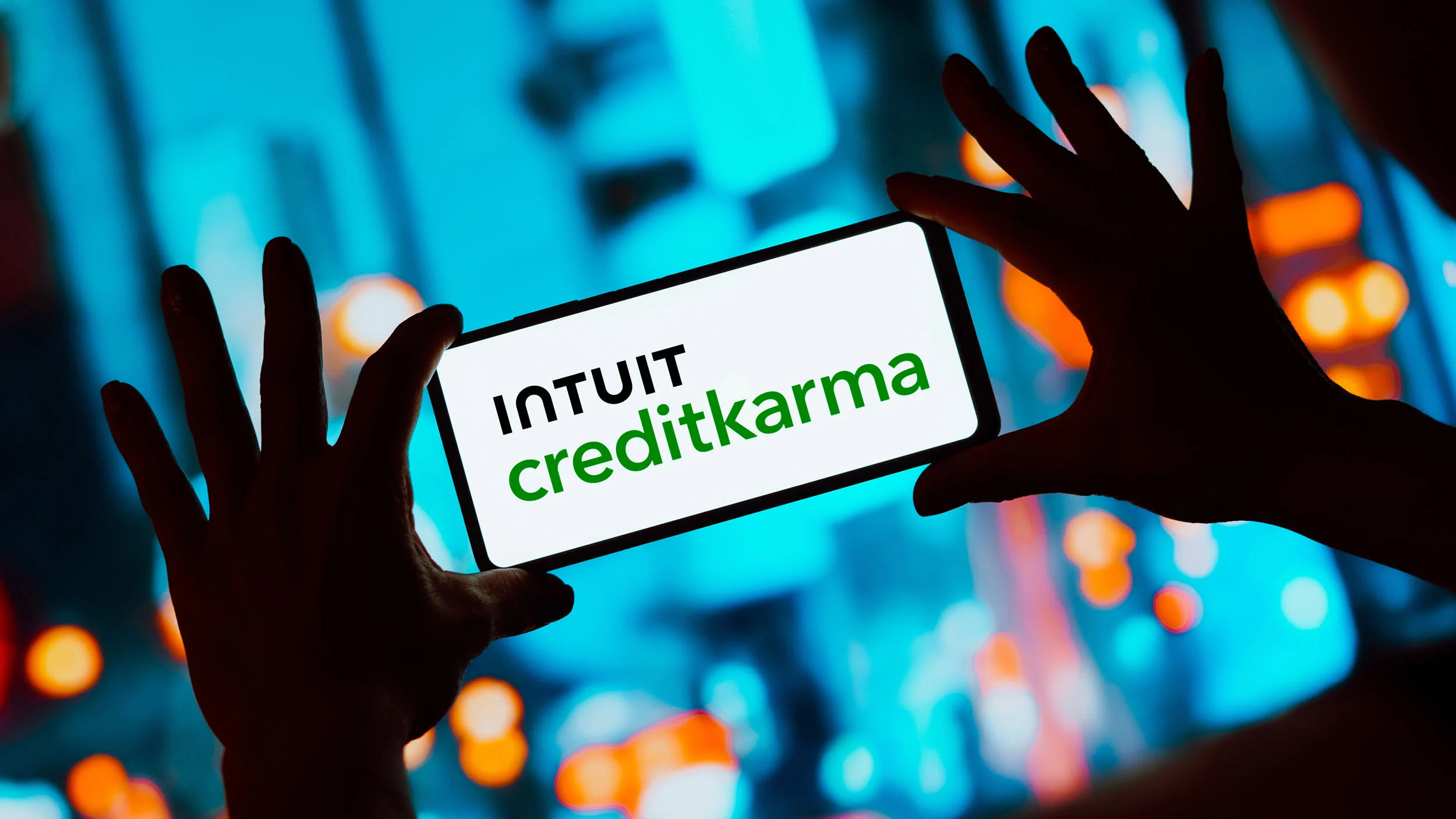TikTok Filter Precautions: Staying Safe While Having Fun
TikTok has taken the world by storm, offering users a platform to express themselves through short, creative videos. One of its most popular features is the wide array of filters and effects that can transform videos in seconds. From beauty-enhancing filters to quirky augmented reality effects, these tools have become a staple of the TikTok experience. However, while filters can be entertaining, they also come with potential risks. This article explores the precautions users should take when using TikTok filters, with a special focus on considerations for teenagers, who are among the platform’s most active and vulnerable users.
1. Be Mindful of Unrealistic Beauty Standards
Many TikTok filters are designed to alter appearances, smoothing skin, enhancing features, or even changing facial structures. While these filters can be fun, they can also perpetuate unrealistic beauty standards. For teenagers, who are particularly susceptible to body image issues, frequent use of such filters may lead to self-esteem concerns or a distorted self-image.
The rise of "perfect" filtered images on social media has been linked to increased anxiety and dissatisfaction with one’s appearance. Teenagers, who are still developing their sense of self, may feel pressured to look a certain way or compare themselves to the flawless, filtered versions of others they see online.
<strong>Precaution:</strong>
Use filters in moderation and remember that they are tools for creativity, not a reflection of reality.
Encourage a healthy perspective by balancing filtered content with posts that celebrate your natural appearance.
Remind yourself that social media is a curated space, and what you see online often doesn’t reflect reality.
<img src="https://cdn.appisfree.com/upload-logo%2Fttfilter.webp" alt="ttfilter" data-href="" style="">
2. Protect Your Privacy
Some TikTok filters require access to your camera, microphone, or location. While this is often necessary for the filter to function, it can also pose privacy risks. Third-party developers or malicious actors could potentially misuse your data. For example, filters that use facial recognition technology may collect biometric data, which could be stored or shared without your knowledge.
<strong>Precaution:</strong>
Regularly review TikTok’s privacy settings and permissions. Disable access to features that aren’t essential for the filter to work.
Stick to filters provided by TikTok or verified creators to minimize the risk of data misuse.
Avoid using filters that require excessive permissions, such as access to your location or contacts.
3. Avoid Over-Sharing
Filters can make videos more engaging, but they can also make it tempting to share more than you normally would. Posting videos that reveal personal information, such as your location, school, or daily routines, can put you at risk of online predators or cyberbullying. For teenagers, who may not always consider the long-term consequences of their online actions, this is a particularly important precaution.
<strong>Precaution:</strong>
Be cautious about what you share in your videos. Use filters creatively without compromising your safety.
Avoid posting videos that reveal identifiable locations, such as your home, school, or workplace.
Remember, once something is posted online, it can be difficult to remove completely. Think twice before sharing anything that could be used against you.
4. Be Wary of Third-Party Filters
Not all filters on TikTok are created by the platform itself. Some are developed by third parties, which may not have the same security standards. These filters could potentially contain malware or be designed to collect personal data. For example, a seemingly harmless filter might secretly access your device’s camera roll or track your online activity.
<strong>Precaution:</strong>
Stick to filters provided by TikTok or trusted creators.
Avoid downloading or using filters from unverified sources, as they may pose security risks.
If a filter seems suspicious or requests unnecessary permissions, don’t use it.
5. Consider the Impact on Mental Health
For teenagers, the constant use of beauty-enhancing filters can lead to feelings of inadequacy or pressure to conform to certain standards. This can negatively impact mental health, contributing to anxiety, low self-esteem, or even body dysmorphia. The pressure to look "perfect" can be overwhelming, especially when comparing oneself to filtered images of influencers or peers.
<strong>Precaution:</strong>
Encourage a balanced approach to using filters. Remind yourself and others that social media is a curated space, and what you see online often doesn’t reflect reality.
Take breaks from social media if you find yourself feeling overwhelmed or self-conscious.
Focus on building self-confidence offline by engaging in activities that make you feel good about yourself.
6. Educate Yourself About Filter Effects
Some filters use augmented reality (AR) technology, which can be incredibly immersive but also disorienting. Prolonged use of AR filters, especially those that alter your perception of reality, can sometimes cause discomfort or even dizziness. Additionally, some filters may have unintended psychological effects, such as reinforcing stereotypes or promoting harmful behaviors.
<strong>Precaution:</strong>
Use AR filters in moderation and take breaks if you start to feel uncomfortable.
Be mindful of how these filters affect your perception and well-being.
Avoid using filters that promote harmful behaviors, such as excessive dieting or dangerous challenges.
7. Be Aware of the Legal and Ethical Implications
Filters that allow users to impersonate others or create deepfake content can have serious legal and ethical implications. For example, using a filter to create a video that appears to show someone else saying or doing something they didn’t could lead to defamation or harassment claims. Teenagers, who may not fully understand the consequences of their actions, should be especially cautious when using such filters.
<strong>Precaution:</strong>
Avoid using filters that could be used to impersonate or misrepresent others.
Think about the potential impact of your videos before posting them.
If you’re unsure whether a filter is appropriate, err on the side of caution and don’t use it.
<br>
Special Considerations for Teenagers
Teenagers are among the most active users of TikTok, and they are also more vulnerable to the potential risks associated with filters. Parents and guardians can play a crucial role in guiding teenagers to use filters responsibly. Open conversations about online safety, privacy, and self-esteem can help teenagers navigate the digital world with confidence.
<strong>For Parents:</strong>
Encourage your teens to use filters in a way that promotes creativity rather than comparison.
Monitor their social media activity and discuss the importance of privacy and safety online.
Set boundaries around screen time and encourage offline activities that build self-confidence.
<strong>For Teenagers:</strong>
Be mindful of how filters affect your self-esteem and mental health.
Avoid sharing personal information or engaging in risky behaviors online.
Remember that social media is just one aspect of life—don’t let it define your worth.
Conclusion
TikTok filters are a fun and creative way to enhance your videos, but they come with responsibilities. By being mindful of privacy, mental health, and the potential for unrealistic standards, you can enjoy TikTok’s features safely. For teenagers, in particular, understanding these precautions is essential to maintaining a positive and secure online experience. Remember, filters are tools for expression—use them wisely and stay true to yourself.
By following these precautions, you can enjoy the creative possibilities of TikTok filters while minimizing the risks. Whether you’re a teenager or an adult, staying informed and cautious is the key to a safe and enjoyable social media experience.


